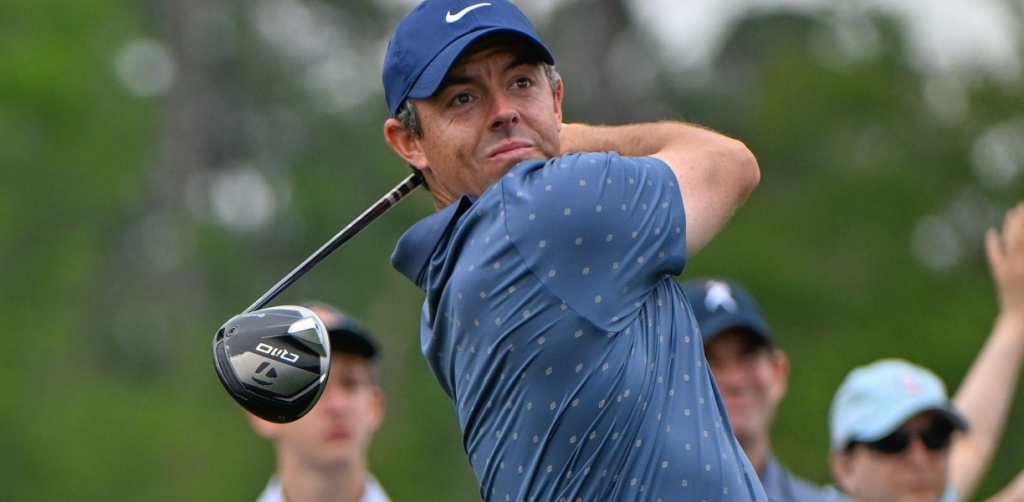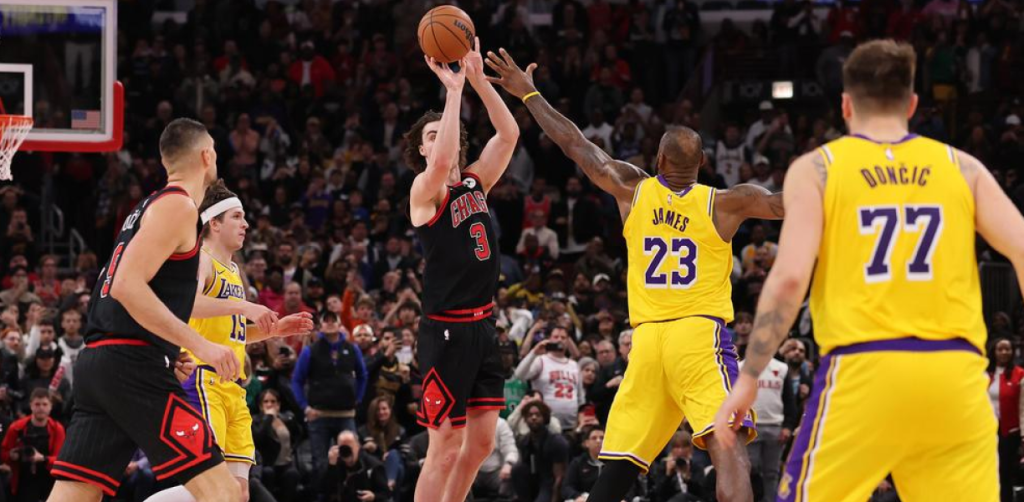Author – Vedika Jogani
Vedika Jogani is OMP’s Product and Content Manager
For many athletes, retirement doesn’t come with celebrations, confetti, or a standing ovation.
Instead, it often feels isolating – marked by quiet moments of confusion, loss of purpose, and a deep identity shift.
When your life has been centered around sport for years – from your routine to your relationships it’s no surprise that when that chapter ends, you’re left wondering: Now what?
Australian Olympic gold medalist Brianna Throssell recently opened up about her experience after stepping away from swimming.
Despite having a university degree and years of high-level achievement, she found herself jobless, lost, and disheartened.
Her story isn’t unique – it’s the reality for far too many athletes whose struggles go unheard and unspoken.
Sport Isn’t Forever, So What Comes Next?
Every athlete eventually faces the same truth: sport doesn’t last forever.
Your body changes.
Your priorities shift.
And when the title of “swimmer,” “striker,” or “captain” no longer applies, you’re left asking: Who am I without it?
Know Your Values, Know Yourself
At the heart of every person – is a set of values.
These are the things that give your life meaning: growth, connection, freedom, competition, creativity.
These values may have drawn you to sport in the first place, but they aren’t limited to the playing field.
As you prepare for life beyond sport, ask yourself:
- What gives me purpose outside of competition?
- What interests or roles bring me joy?
- Where do I feel most like myself?
Understanding your values now can help you make smoother transitions later.
When your identity is rooted in what matters to you, rather than just what you do, you’ll feel more grounded, both during and after your athletic career.
The Skills You Take With You
Athletes often underestimate how powerful their lived experience really is.
Being an athlete teaches you skills that most employers dream of:
- Performing under pressure
- Resilience and bouncing back from mistakes
- Time management and discipline
- Teamwork and communication
- Goal setting and performance tracking
- Adaptability and fast decision-making
You’ve problem-solved on the fly, communicated with all kinds of personalities, led teams, and balanced competing priorities often under extreme pressure.
The challenge isn’t that these skills don’t exist. It’s that they’re not always recognised in traditional job pathways.
As Throssell shared, “I have all of these transferrable skills that I would love to showcase in a workplace, but no one would give me a look in.”
What Can You Do Now?
If you’re still competing, or even just starting to think about life after sport, here are four ways you can prepare:
- Don’t Wait for Sport to End Work with your sport psych or mental performance coach to regularly check in on your values. Make sure you’re living in line with them – even while you’re still playing.
- Explore Hobbies Outside of Sport Try music, writing, volunteering – anything that brings you joy outside of competition. This helps keep your identity well-rounded.
- Check in With Your Values Revisit what matters to you, beyond results and rankings. Let those values guide your next steps.
- Start Building Experience Internships, part-time jobs, volunteering, or shadowing professionals — even small experiences can build confidence and clarity about life after sport.
Final Thoughts
Brianna Throssell’s story is a powerful reminder that life after sport doesn’t just happen.
It needs preparation – mentally, emotionally, and practically.
The truth is, your identity is so much more than your athletic achievements.
You’re not just an athlete – you’re a leader, a learner, a creator, a teammate, a communicator.
Sport has shaped you, but it doesn’t define all of you.
And when the final whistle blows, your values and transferable skills are what will help you step confidently into what’s next.




